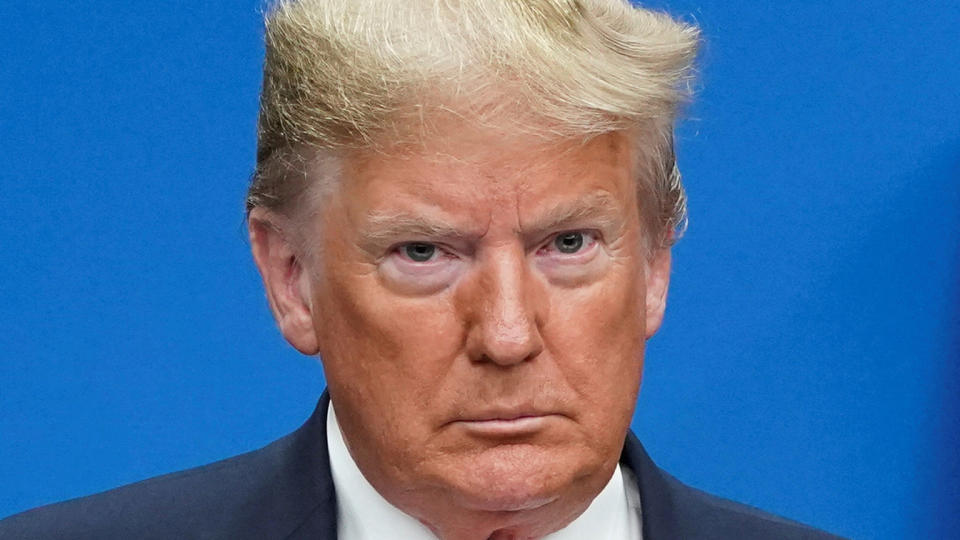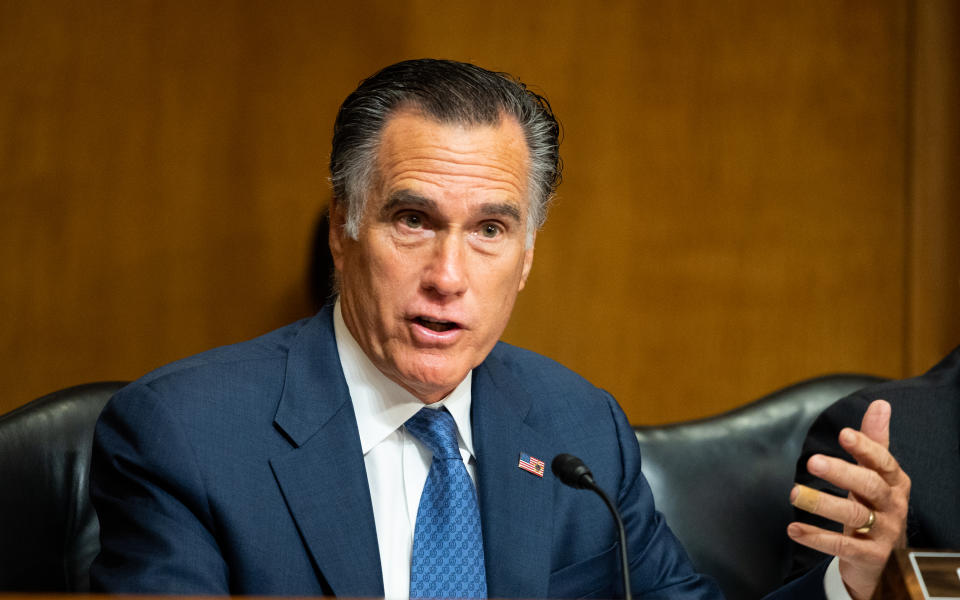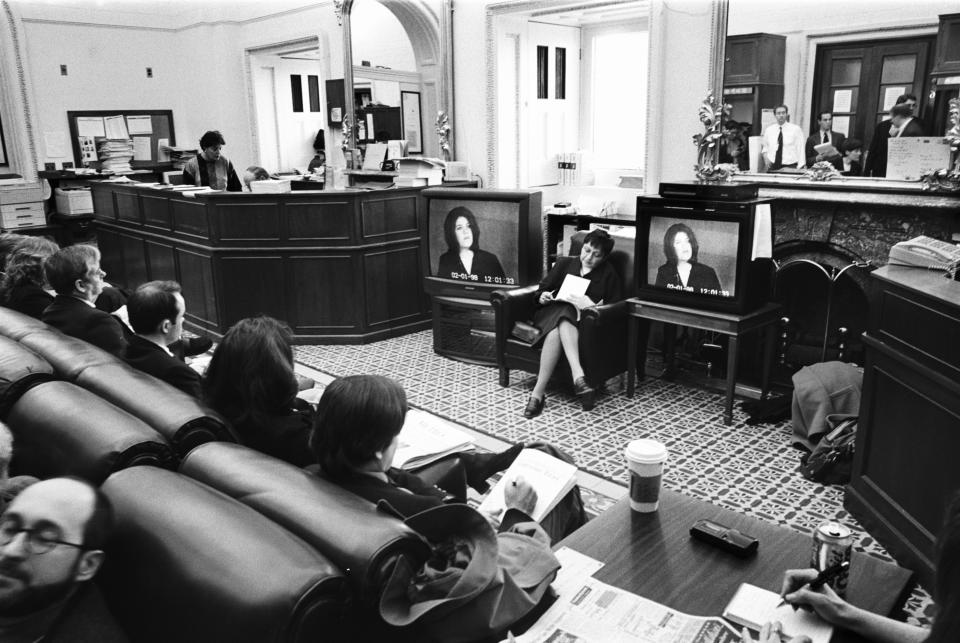A dozen senators, not Trump, will decide who testifies in Senate impeachment trial
To hear President Trump tell it, he will be ordering up witnesses to appear before the Senate in an impeachment trial as if they were hors d’oeuvres on the bar menu at the Trump Hotel.
“If you are going to impeach me, do it now, fast, so we can have a fair trial in the Senate,” Trump tweeted Thursday, speaking to House Democrats. “We will have Schiff, the Bidens, Pelosi and many more testify, and will reveal, for the first time, how corrupt our system really is.”
But Twitter, as they say, isn’t real life. Trump’s characterization of how a Senate impeachment trial might go glosses over the reality of who gets to call the shots.

The White House can request witnesses, but ultimately it’s up to all 100 senators. And with the Republicans holding a 53-47 majority, there’s a group of a dozen or so Republican senators who hold all the cards when it comes to whether someone like Hunter Biden is called to testify.
There is little chance House Speaker Nancy Pelosi would be called to testify. The idea that House Intelligence Committee Chairman Adam Schiff would be hauled into the Senate is also highly implausible. Same for the whistleblower. It’s harder to know about Hunter Biden.
But ultimately these questions will be settled by one question: Are there 51 votes in favor? The Republican senators who will decide that question exist in a few groups.
First, there are the mavericks. Sen. Mitt Romney of Utah, Sen. Susan Collins of Maine and Sen. Lisa Murkowski of Alaska are the Republicans who will be watched most closely. They are the most independent from Trump, in large part because the politics of their states allows them to be. The voters who elect these three lawmakers value autonomy in their senators.
Second, there are the retirees. Sen. Pat Roberts of Kansas, Sen. Mike Enzi of Wyoming, Sen. Lamar Alexander of Tennessee and Sen. Johnny Isakson of Georgia are all leaving the Senate after this year. Since they do not have to worry about facing voters again, they have more leeway to follow their conscience. That puts them decidedly in more of a free-agent category.

And third is a distinct group: Republican senators who are facing reelection but in states that are not deep-red conservative. Sen. Cory Gardner of Colorado, Sen. Martha McSally of Arizona, Sen. Joni Ernst of Iowa and Sen. Thom Tillis of North Carolina all have to think hard about how their votes will be received by both primary voters in their states and the universe of more politically mixed general-election voters. Collins of Maine is also up for reelection.
Among Democrats, there is one incumbent senator up for reelection in a very conservative state who could be watched to flip and vote with Republicans: Sen. Doug Jones of Alabama. And there is another Democrat, Sen. Joe Manchin of West Virginia, who represents a very pro-Trump state and can’t be automatically counted as a solid Democratic vote.
It’s not yet clear how and when witnesses will be decided on. But precedent in the Senate is a powerful thing, and in the last impeachment, the Senate did not decide the question of witnesses until the trial of President Bill Clinton had already been going for three weeks.
Only three witnesses were approved to testify: Monica Lewinsky, the White House intern with whom Clinton had a sexual dalliance; Vernon Jordan, Clinton’s friend and informal adviser; and White House aide Sidney Blumenthal. And these three did not appear in the Senate chamber. Rather, they were interviewed by House managers in videotaped depositions that were then shown as evidence in the Senate trial.

The question of witnesses was debated and discussed privately among senators for weeks, and the voting was held only once the outcome was known to be fairly solid.
And so it will likely be in the Trump impeachment trial. Senate Majority Leader Mitch McConnell and Senate Minority Leader Chuck Schumer will be sounding out this group of a dozen or so lawmakers to see where they stand on the question of individual witnesses, with an eye toward what will or will not be approved by 51 votes.
_____
Download the Yahoo News app to customize your experience.
Read more from Yahoo News:




